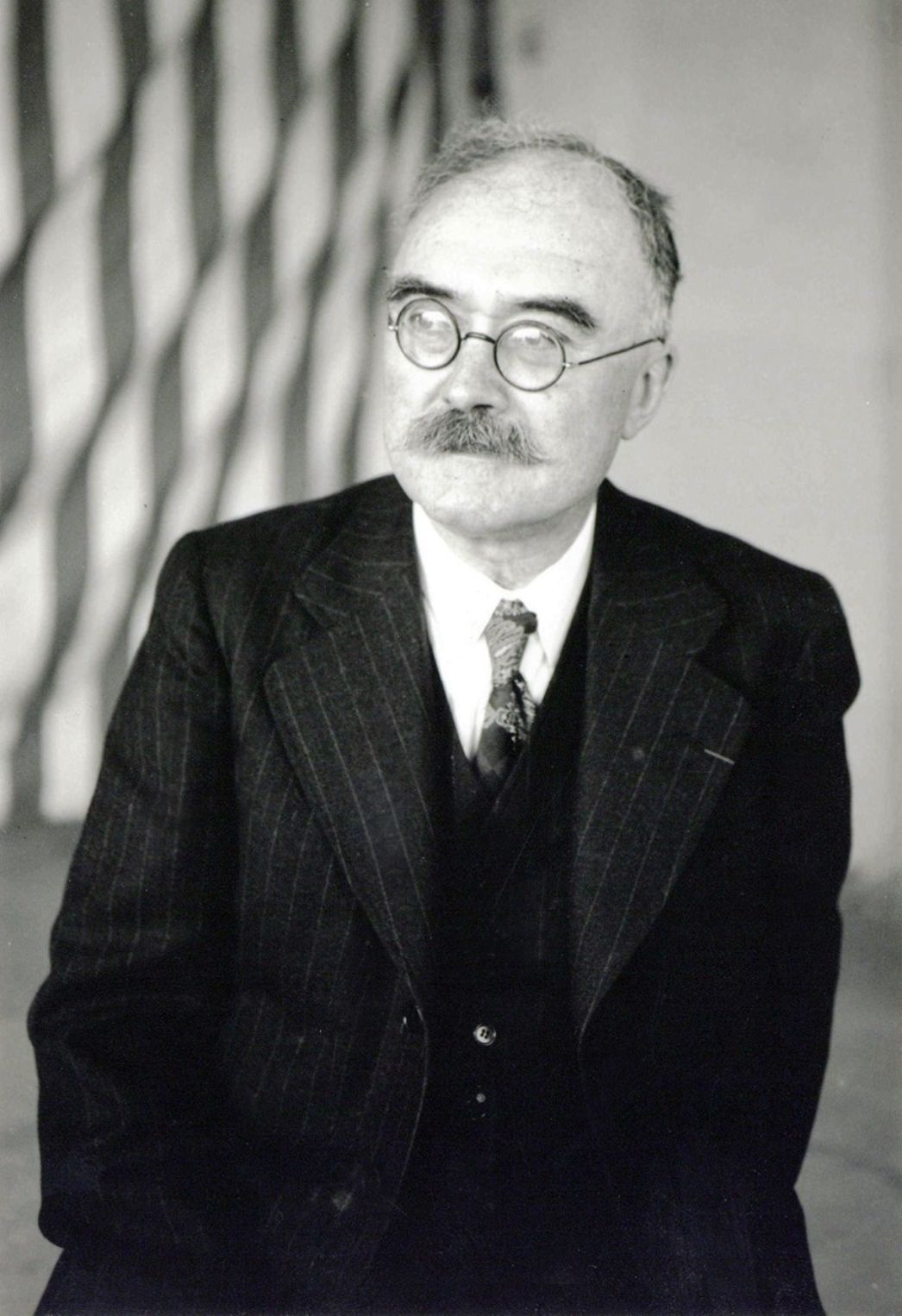
Maurice Halbwachs was born in Reims on 11 March 1877 and grew up in the liberal, educated middle-class milieu of Paris. He studied philosophy under Henri Bergon and completed the École Normale Supérieure (E.N.S.) as the third best student of his year; there, under the influence of the librarian Lucien Herr, he joined the Socialist party. Beginning in 1904, after completing studies in the subjects of law, social sciences and mathematics, he worked as a teacher in Hanover and Göttingen. During this period he wrote a socialist agitation pamphlet against land speculation and was banished from Prussia for anti-police reporting while on a research bursary in Berlin. He undertook studies of German and American sociology in Vienna and gained his doctorate in 1909 with a study of the influence of urban planning on land prices in Paris.
Halbwachs was one of the few sociologists in France to work empirically: he carried out studies on the urban sociology and social psychology of the working class, contributed to Durkheim’s magazine Année sociologique; in 1919 he was appointed professor of education and sociology in Strasbourg. He collaborated with the historians Marc Bloch and Lucien Febvre and the psychologist Charles Blondel. Beginning in 1929 he contributed to the journal Annales and carried out work on social accounting, the probability theory and demography as well as the sociology of suicide. His pioneering study on memory and its social conditions was published in 1925. In 1935 he was called to the Sorbonne in Paris; in 1941 his La topographie légendaire des Évangiles en Terre Sainte. Étude de mémoire collective ("Legend Topography of the Gospels in the Holy Land") was published; in May 1944 the Collège de France appointed him to a professorship in sociology and collective psychology.
In July 1944, Halbwachs was arrested along with his sons because of their activities in the resistance, and in August 1944 he and his youngest son Pierre were deported to Buchenwald. Maurice Halbwachs died in the Little Camp on 15 March 1945.
In 1950 his daughter had his unfinished manuscript on collective memory published, a standard reference work on modern memory theory.


